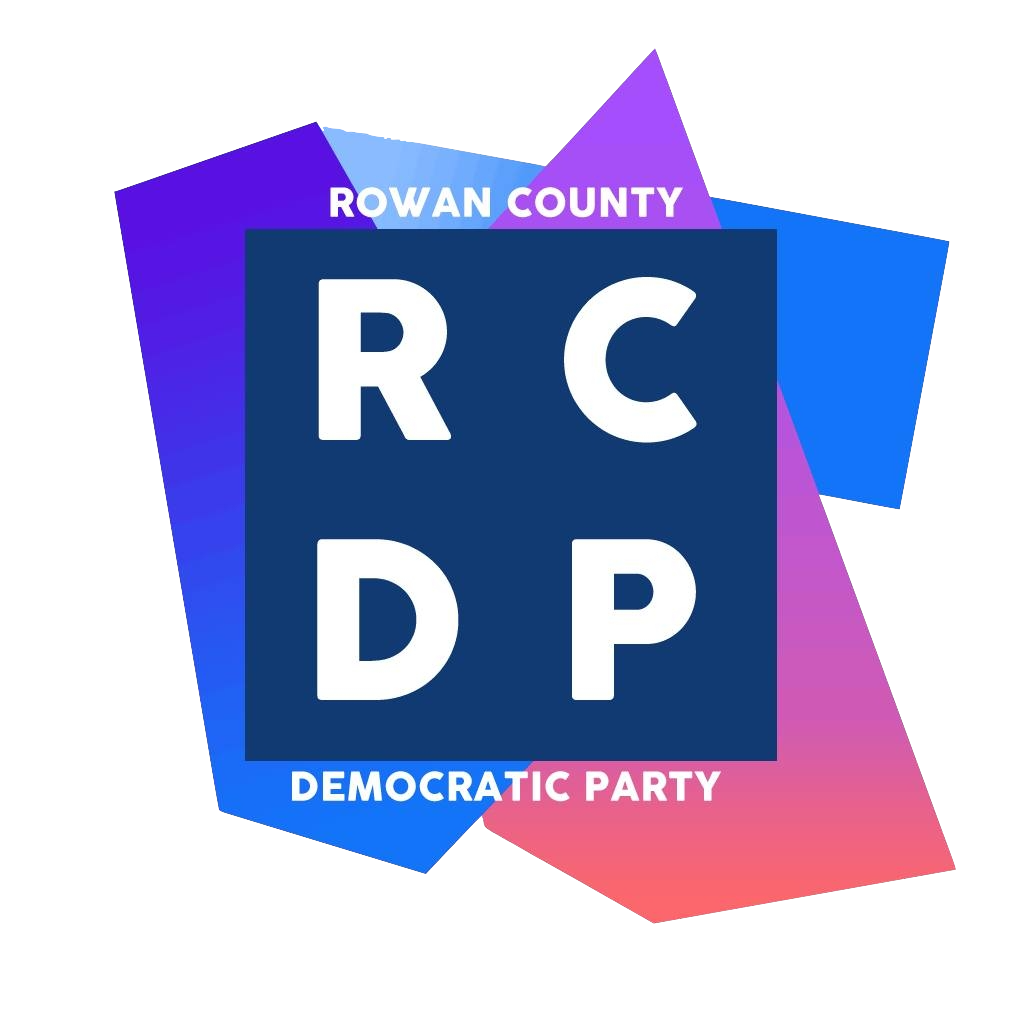I would love people to agree with me and change. But how do I go about it? Do I argue with them or challenge them?
Dear Neighbor,
Over the years I have often been told I need to ‘change.’ My parents would get on my case about eating too many sweets, my coaches would remind me that if I changed this or that I might become a good athlete, my teachers would say if I would change my learning habits I might be a decent student, my minister would look down from the pulpit at the three of us that sat on the front row, never listening, constantly talking, always giggling – telling us with those ‘clergy’ eyes, you better change. And when I began driving, God knows how many times someone would say ‘Porter, you are driving too fast, slow down.’
My response to everyone pushing me to change was usually, ‘no’ it is my life, do not try to change me. I was defensive. I was angry many times. I was determined I would not gain weight. I was sure I knew more than my coaches. And those ministers just pissed me off. Why should I change?
Being a bit older has shown me that my stubbornness wasn’t always the proper response. Then I became the parent, the coach, the educator, the minister, the one that taught my children to drive.
So, what should I do? Do not get me wrong. I would love people to agree with me and change. But how do I go about it? Do I argue with them or challenge them?
A few years back I was addressing a class of first semester college students. I asked them what they thought my responsibility was as their teacher. Immediately a student said: ‘my mom thinks you will change my mind.’ Another said: ‘You are to take all we have learned, fix what you can, and change us into adults.’ This went on a few more minutes, and I became rather discouraged. I never thought of myself as ‘changing’ anyones mind, even those I taught.
My reason for being an educator was to ‘challenge’ students. At the beginning of each class, I always put two words on the board: Change / Challenge. I remind them they can believe what they want, but that I will challenge shallow thinking, and I will challenge their process and demand critical thinking.
I was not here to change them, just to challenge them. I was hired because I believed in a liberal arts education and that meant all sides, beliefs, interpretations, and answers would be challenged. One of my tasks was to assist in their total learning process, enabling them to be aware of their strengths and their shallowness.
Politically, this type of thought process can be helpful for selecting candidates. Why do we believe what we do? Why would you want to elect into office someone who doesn’t believe in the democratic process? Why would I give up my right to vote for someone with little or no character? Why, why, why?
I am personally drawn to those people who challenge me, those who do not take life for granted, those who force me to look deeper. And it’s those who challenge me that make me a better person, not those who only want to make me change.
“Dear Neighbor” authors are united in a belief that civility and passion can coexist. We believe curiosity and conversation make us a better community.

